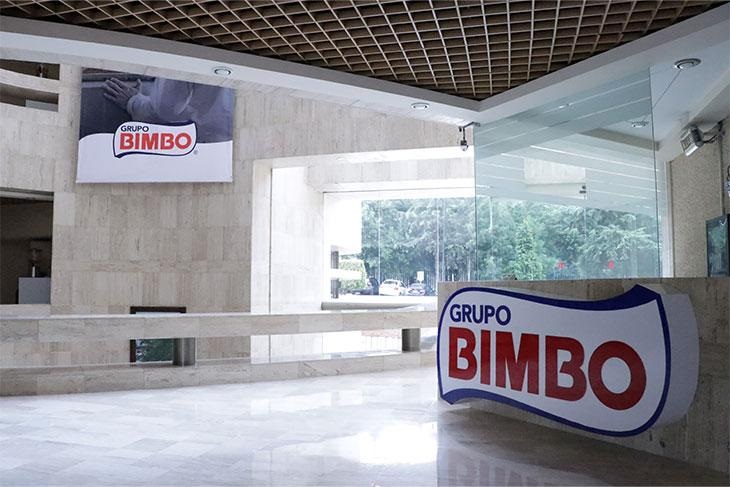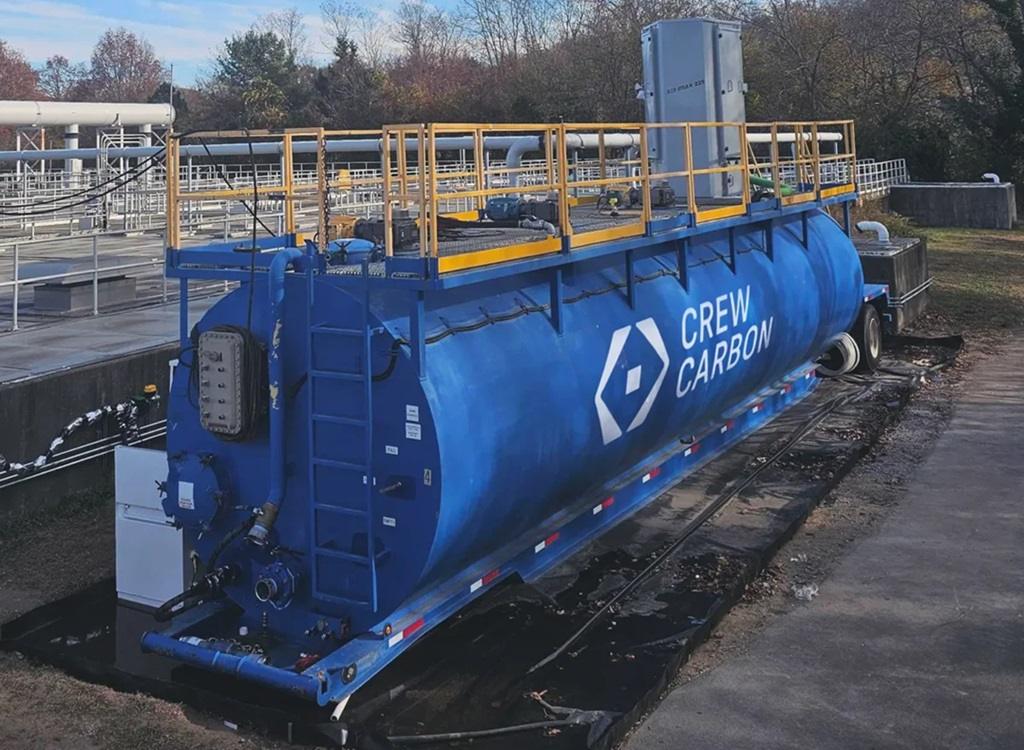Grupo Bimbo Issues $850 Million Bond with Interest Tied to Scope 3 Emissions Goals
Mexico City-based baking company Grupo Bimbo (with brands including Entenmann’s and Sara Lee) announced the completion of an $850 million sustainability-linked bonds offering, with terms on the debt tied to the company’s performance on its Scope 3 value chain emissions goals.
The offering represented the largest corporate sustainability-linked bond (SLB) issuance ever into the Mexican market, and the largest transaction year-to-date.
The issuance follows the publication by Grupo Bimbo in April 2023 of its updated Sustainable Financing Framework, which outlines the key performance indicators (KPIs) and specific sustainable performance targets that will impact the terms of SLBs. The Scope 3 KPI ties the bonds to the company’s performance towards goals, originally set in 2021, that include reducing Scope 3 emissions by 12.5% by 2025, 17.5% by 2027, and 28% by 2030.
Grupo Bimbo’s Scope 3 emissions account for approximately 90% of the company’s carbon footprint, and include both upstream and downstream value chain activities ranging from purchased goods and services, business travel and employee commuting to investments, use of sold products and product transportation and distribution.
Diego Gaxiola, CFO of Grupo Bimbo, said:
“We tapped the Mexican market once again, this time through our first ESG- labelled bond, ranking the fifth SLB for Scope 3 globally and the first in Latin America, in line with our ambitious global long-term sustainability strategy. This transaction strengthens our financial position while reaffirming our sustainability commitments.”
Sustainability-linked debt has been one of the fastest growing areas of sustainable finance, with attributes including interest payments tied to an issuer’s achievement of specific sustainability targets. Corporate interest in sustainability-linked loans has grown rapidly, as the financing provides flexibility to use proceeds for general corporate purposes, while with instruments such as green bonds, raised funds can only be allocated to specific categories of green projects.
Following an extended period of rapid growth, however, SLB issuance slowed sharply in late 2022, with Moody’s Investors Service citing factors such as growing market scrutiny on the credibility and robustness of issuers’ SLB targets, and the sector’s exposure to high-yield issuance.





